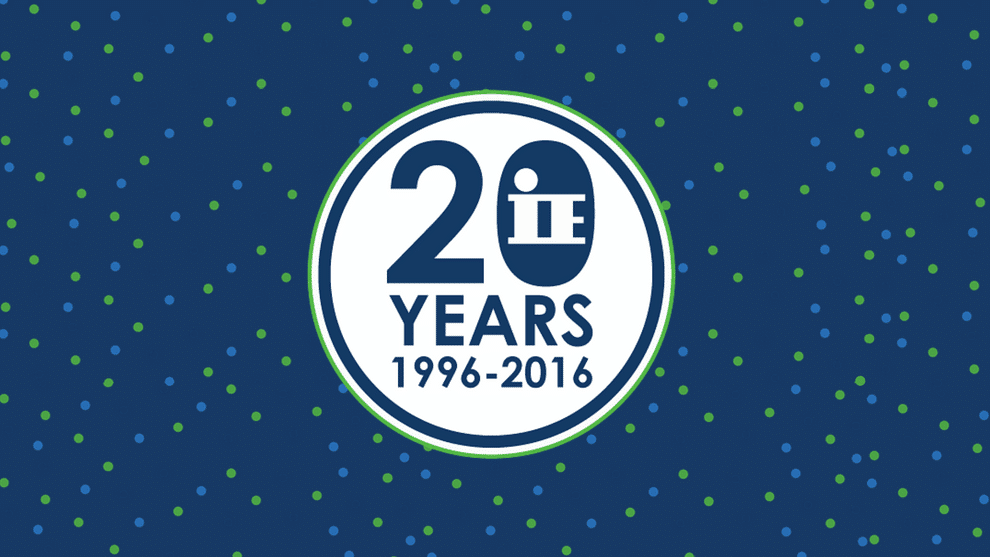20 Years of Technology: A Look Back
Twenty years is a long time to be in business, especially in an industry that's seen such rapid change. Think back to 20 years ago, in 1996. How old were you? What were you doing and wearing? Your favorite movies, artists, etc. Now think about today. How have things changed? We recently asked all of our staff to submit pictures of themselves from 1996 and let’s just say the transformations are nothing short of dramatic, some entertaining.
So Much Has Changed
When our founder, Greg Rivers, started IE 20 years ago, networking technologies were literally the concept of “internetworking” multiple protocols like TCP/IP, IPX, DECNET, NETBIOS, SNA over transports like Fast Ethernet, ATM, Token Ring, Frame Relay, ISDN, to name a few. Those were the complex requirements back then needed to connect these monolithic host systems to one another as well as less sophisticated end points. This was how our company name was born! Fast forward 20 years and think about how the IP and broadband standards we build upon now provide the foundation for the convergence of data, storage, voice and video as well as preparing organizations for this new and exciting digital revolution.
Let’s put this into perspective. In 1996, about 20 million people had access to the internet and spent 30 minutes a month browsing the web. Yes, you read that correctly. Thirty minutes a month. And that’s not because dial-up was so slow (it was) and no one wanted to spend much time waiting; technology simply hadn’t become an essential part of our everyday lives. In 2016, a parent’s bank account would be pleased to see only 30 minutes of data in even one day, let alone a single month. In fact, 3.4 billion people have internet access today and spend an average of of 100 hours a month browsing.
Focus Remains the Same
While we're no longer solely focused on connecting protocols and transports, we are still in the business of connectivity. For the past 20 years, IE has been enabling organizations in the Southeast to connect to the people they care about most. Our focus has merely shifted to the “internetworking” of other technologies, like private clouds with public clouds and leveraging X-as-a-Service offerings for security and data protection. This focus enables doctors to reach and treat patients in remote areas, teachers and students to collaborate and expand their learning environments, governments to spend valuable resources on impactful change in their communities rather than on manual processes, and the list goes on.
The past 20 years have seen many advances and changes in technology, but just as you can still see a resemblance of your present self in the memory of 1996, you can still see the mark technology has made today, it’s woven into the fabric of our everyday lives. And as we continue onward to the next 20 years, IE will remain dedicated to ensuring that the technologies bringing such transformation to businesses, industries and the lives of people they interact with remains reliable and secure. We’re proud to have been a part of over 700 customer journeys and thank every single one of them for allowing us to be involved in their business transformations. We look forward to what the next 20 years brings.
About the Author:
Chuck Steiner serves as IE’s President and CTO and has over 20 years of experience as a consultant that includes significant Enterprise Architecture design and complex solution integration. He was the first employee hired at IE in 1998, has been instrumental in helping IE grow from a small consulting business to a network systems integration company with operations in multiple states and vertical markets.
About Chuck Steiner
Chuck Steiner serves as IE’s President and CEO and has over 20 years of experience as a consultant, including significant Enterprise Architecture design and complex solution integration. He was the first employee hired at IE in 1998, and has been instrumental in helping IE grow from a small consulting business to a network systems integration company with operations in multiple states and vertical markets.




